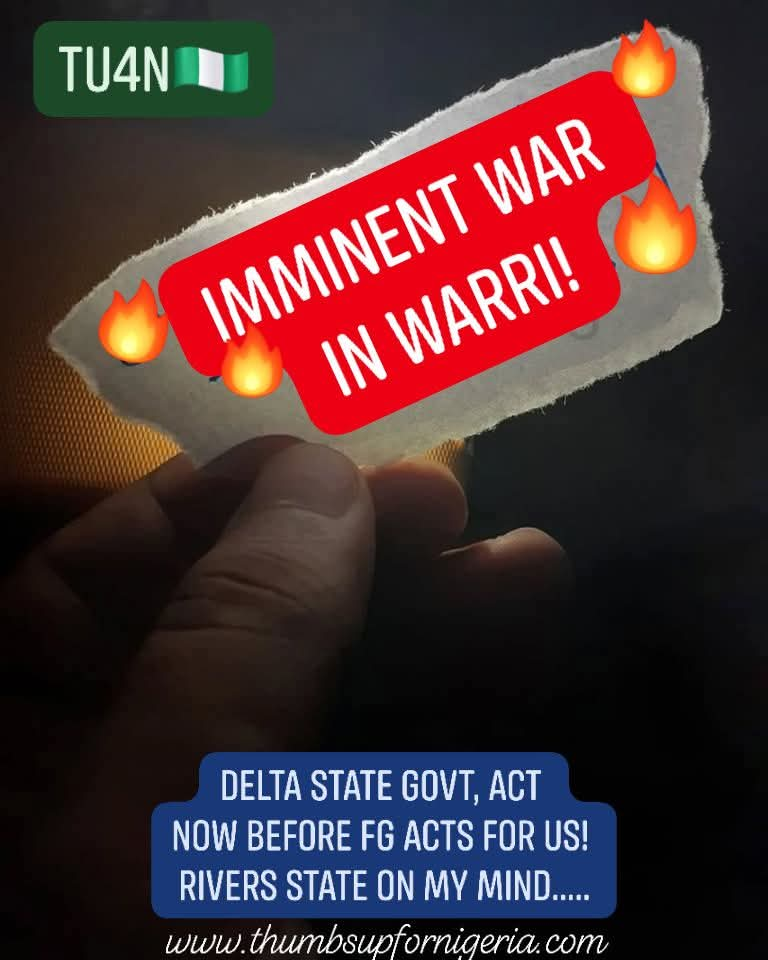The conflict between the Ijaw and Itsekiri communities in Warri, Delta State, Nigeria, has deep historical roots. A similar outbreak occurred in 2003, sparked by disputes over electoral wards and boundaries. The violence escalated into brutal clashes between Ijaw militia and government forces, as well as between Ijaw and Itsekiri communities.
Key Factors Contributing to the Conflict:
– Disputes over representation and resource control: Ijaw communities felt marginalized and demanded changes to electoral wards and greater control over oil revenue.
– Illegal oil bunkering and naval confrontations: Clashes between Ijaw militia and the Nigerian Navy over oil bunkering activities contributed to the escalation of violence.
– Ethnic tensions and militia activities: Organized attacks on villages and communities by both Ijaw and Itsekiri militia resulted in significant displacement and loss of life.
Consequences of the Conflict:
– Humanitarian crisis: Thousands of people were displaced, and many lost their lives or livelihoods.
– Economic impact: Oil production was severely disrupted, with losses estimated at over 800,000 barrels per day.
– Government response: Criticized for inadequate response, lack of effective protection for civilians, and failure to prosecute those responsible for violence.
Current Situation:
While the current situation is unclear, the historical context suggests that tensions between the Ijaw and Itsekiri communities remain high. Diplomatic efforts and community engagement may be necessary to prevent further escalation.
TU4N🇳🇬
www.thumbsupfornigeria.com
@08037062911

1 comment
Thanks for sharing. I read many of your blog posts, cool, your blog is very good.